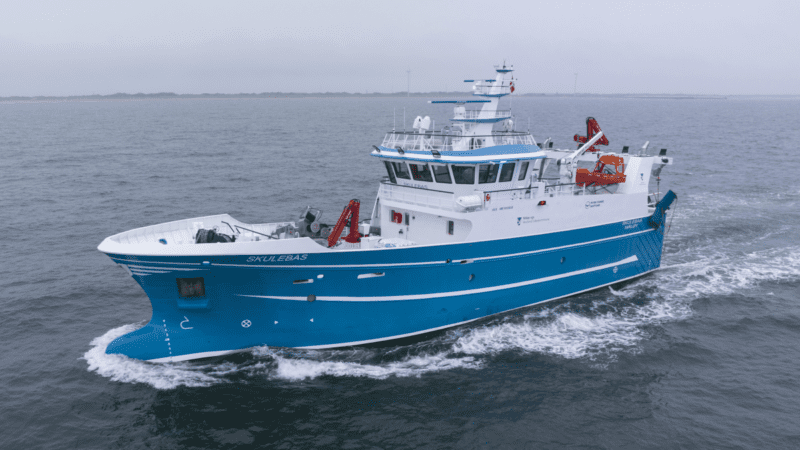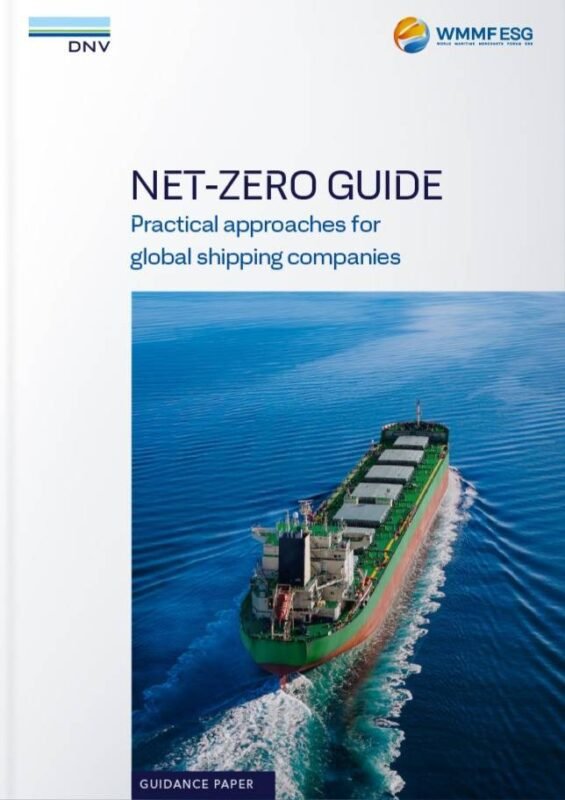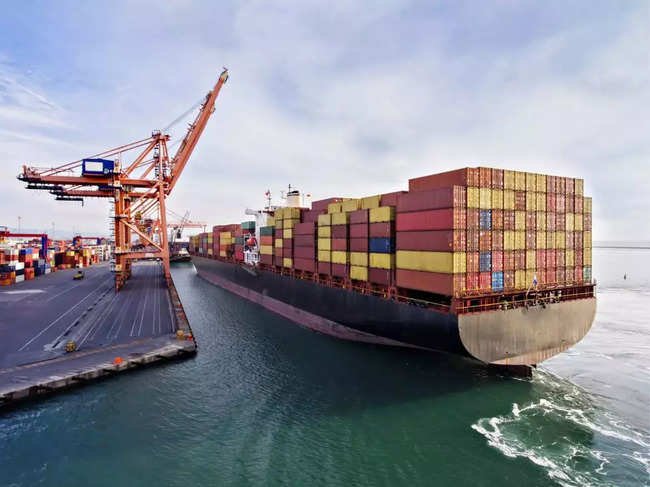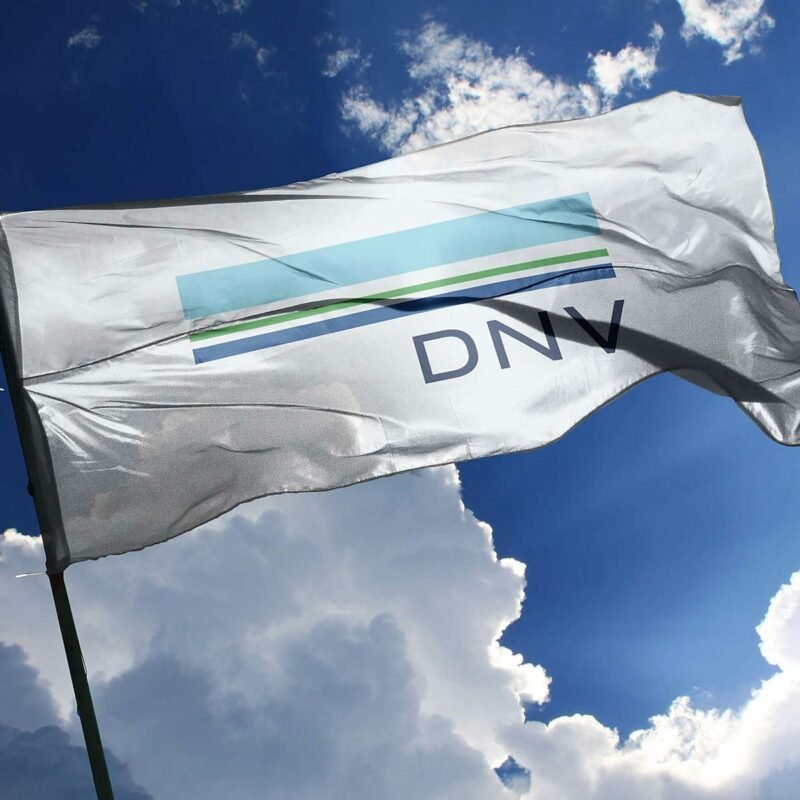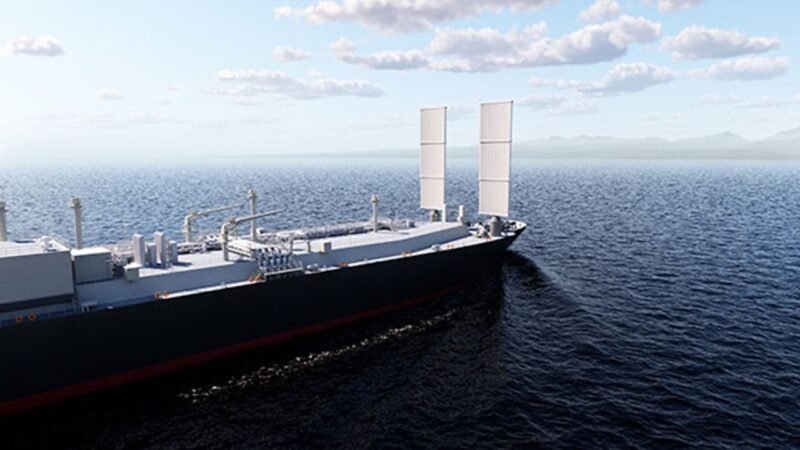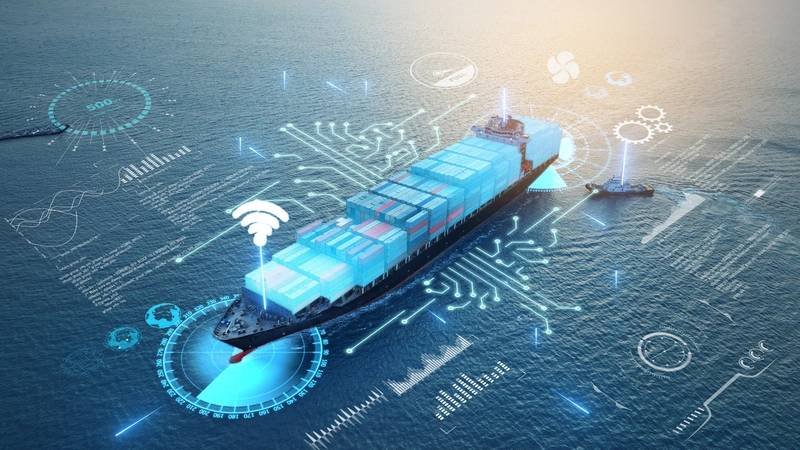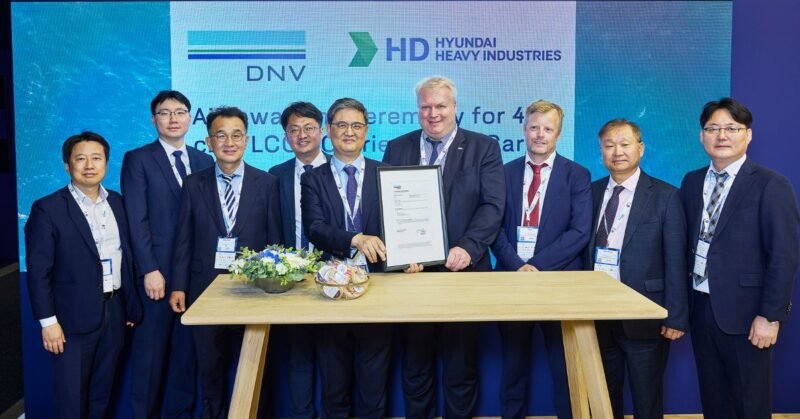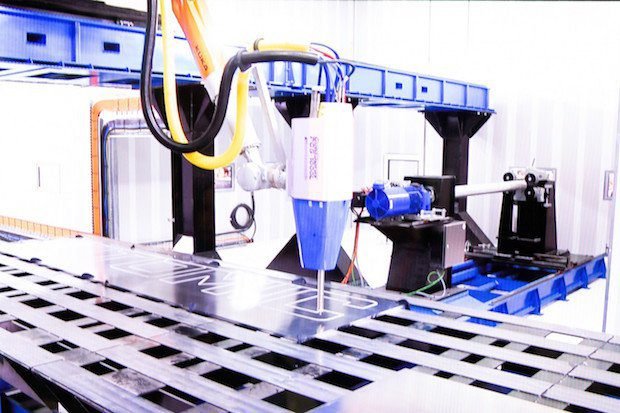Corvus Energy has achieved a significant milestone with the type approval of its Pelican fuel-cell system by DNV. The innovative fuel cell was developed as part of the H2NOR project, a collaborative effort supported by the Norwegian government to advance hydrogen fuel-cell technology for extended zero-emissions operations in the maritime industry. Project partners include Equinor, Norled, Wilhelmsen, and academic institutions like the University of South-Eastern Norway.
The Pelican fuel-cell system stands out for its unique use of nitrogen for inerting the fuel-cell space, enhancing safety levels. This technology, a first of its kind, is a key feature that sets the system apart. Corvus’ partnership with Toyota, through its growth fund Woven Capital, has been instrumental in developing the Pelican system, which utilizes Toyota’s proton exchange membrane (PEM) fuel cell modules. The collaboration aims to drive innovation in the maritime sector and facilitate emissions-free operations over longer distances.
The upcoming shipboard installation of the Pelican fuel-cell system marks a significant step towards sustainable shipping practices. The system’s integration with hydrogen storage is expected to enable the vessel to operate with zero emissions for extended periods. Corvus CEO Fredrik Witte views this development as a crucial advancement in achieving net-zero shipping goals. Furthermore, Corvus has secured funding to explore the pairing of the Pelican system with ammonia cracker technology, with plans to demonstrate the use of hydrogen from ammonia cracking to power fuel-cell systems and compare different technologies in the process.


